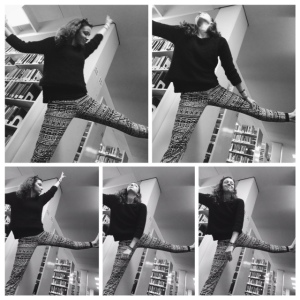
Mencius was a neo-Confucian philosopher who lived in the 4th century BC. As a pretty loyal follower of Confucius, Mencius was really emphatic about the importance of self-cultivation. A lot of his writing focuses on the process of achieving self-cultivation, so when I read the passage early on (like pages 82-84 or so) about Schtitt and his ideas of self-cultivation through tennis, I was thinking about Mencius.
Tennis’s beauty’s infinite roots are self-competitive. You compete with your own limits to transcend the self in imagination and execution. Disappear inside the game: break through limits: transcend: improve: win… You seek to vanquish and transcend the limited self whose limits make the game possible in the first place.
And when Mario asks, “But then is battling and vanquishing the self the same as destroying yourself?”, I thought of this one passage from the writings of Mencius.
Gao-zi said, “Human nature is like the willow. Rightness is like cups and bowls. To make humaneness and rightness out of human nature is like making cups and bowls out of the willow.” Mencius said, “Can you make cups and bowls by following the nature of the willow? Or must you do violence to the willow before you can make it into cups and bowls? If you must do violence to the willow to make it into cups and bowls, must you, then, also do violence to people to make them humane and right? Your words will surely lead people to regard humaneness and rightness as misfortunes.
Gao-zi (a philosopher-peer of Mencius) might agree with Schtitt and say that there’s an element of destruction inherent in self-cultivation, that in order to transcend/improve upon the self, in order to make progress, you first have to destroy the existing self. Mencius, on the other hand, believed that human nature was inherently good and that self-cultivation could be achieved through more of a nurturing process than a destructive process. Like Mario, he wasn’t sure that “destroying yourself” was really a great idea or that there was much of a point to it.
I’m not sure if this connection between Mencius and Schtitt really makes sense, or if I’m just reaching. Maybe Schitt doesn’t equate improving at tennis with the sort of ultimate spiritual Self-Cultivation that Mencius strives for. Maybe Schitt’s whole thing is just an endless vicious circle, and Mencius’ thing is more of a winding path that actually leads somewhere.
But it’s kind of an interesting question, whether you have to wage war against yourself in order to win against yourself, whether you have to destroy in order to create something new, whether there’s a point to doing that, what the point might be. How do you achieve self-cultivation? And what does it mean to achieve that?

